‘A response to Martin Luther King’s challenge’
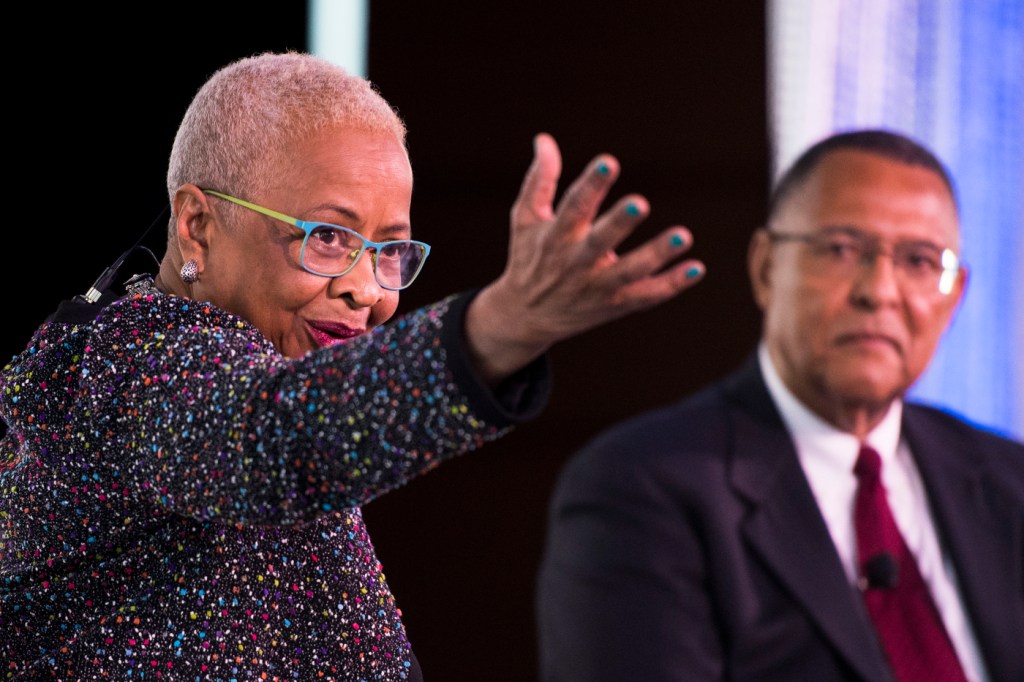
Rayfield Davis, a 53-year-old African-American, was all but forgotten.
His descendants had never heard of him. His self-confessed murderer, a white man who was 20 when he beat Davis to death in Mobile, Alabama, had escaped prosecution. A crumbling gravestone, roughly chiseled and rarely tended, was all that was left of his memory.
On Friday, the pursuit of his justice was brought to life 71 years after Davis had been left to die, alone, on the high banks of a shallow creek near his home.
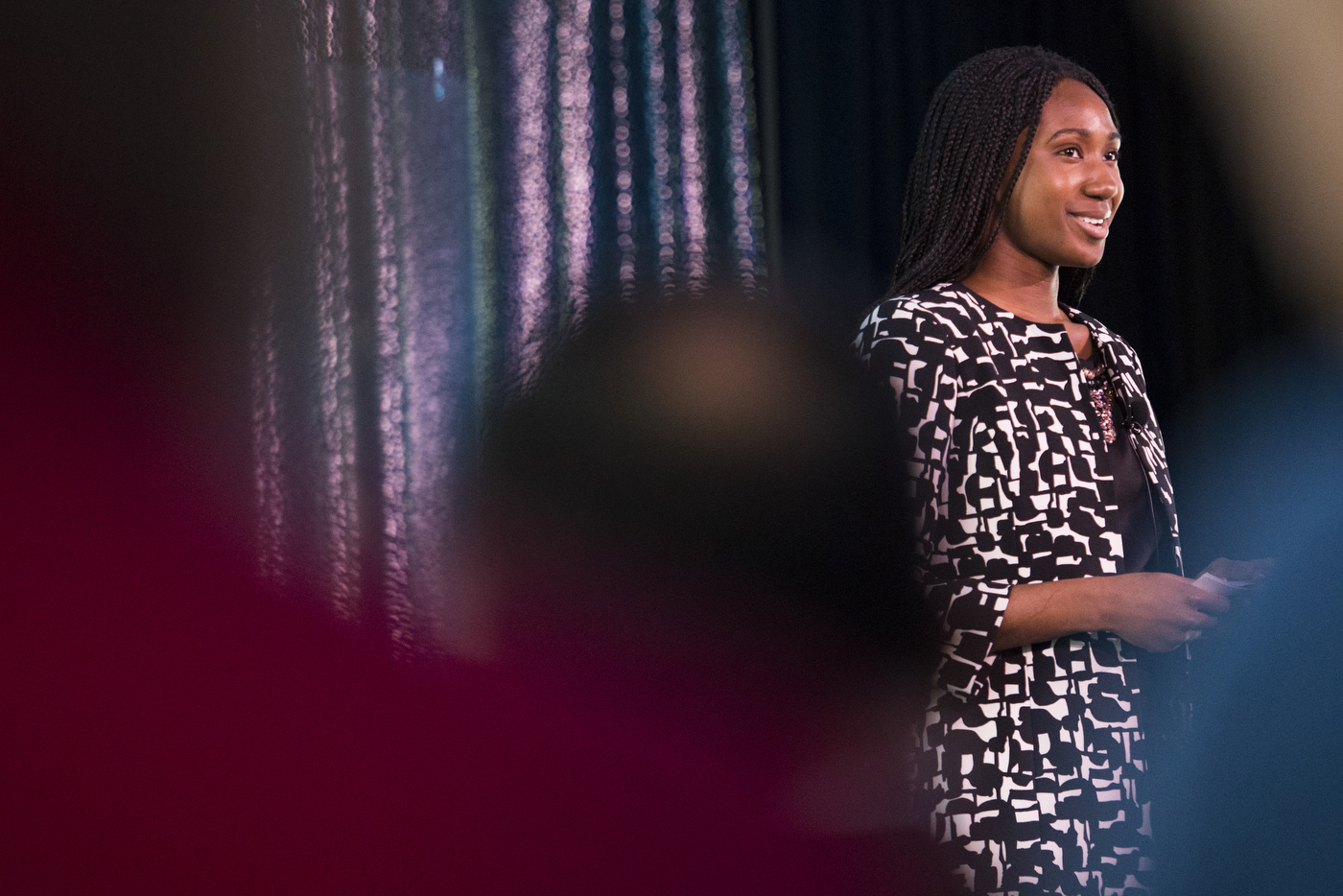
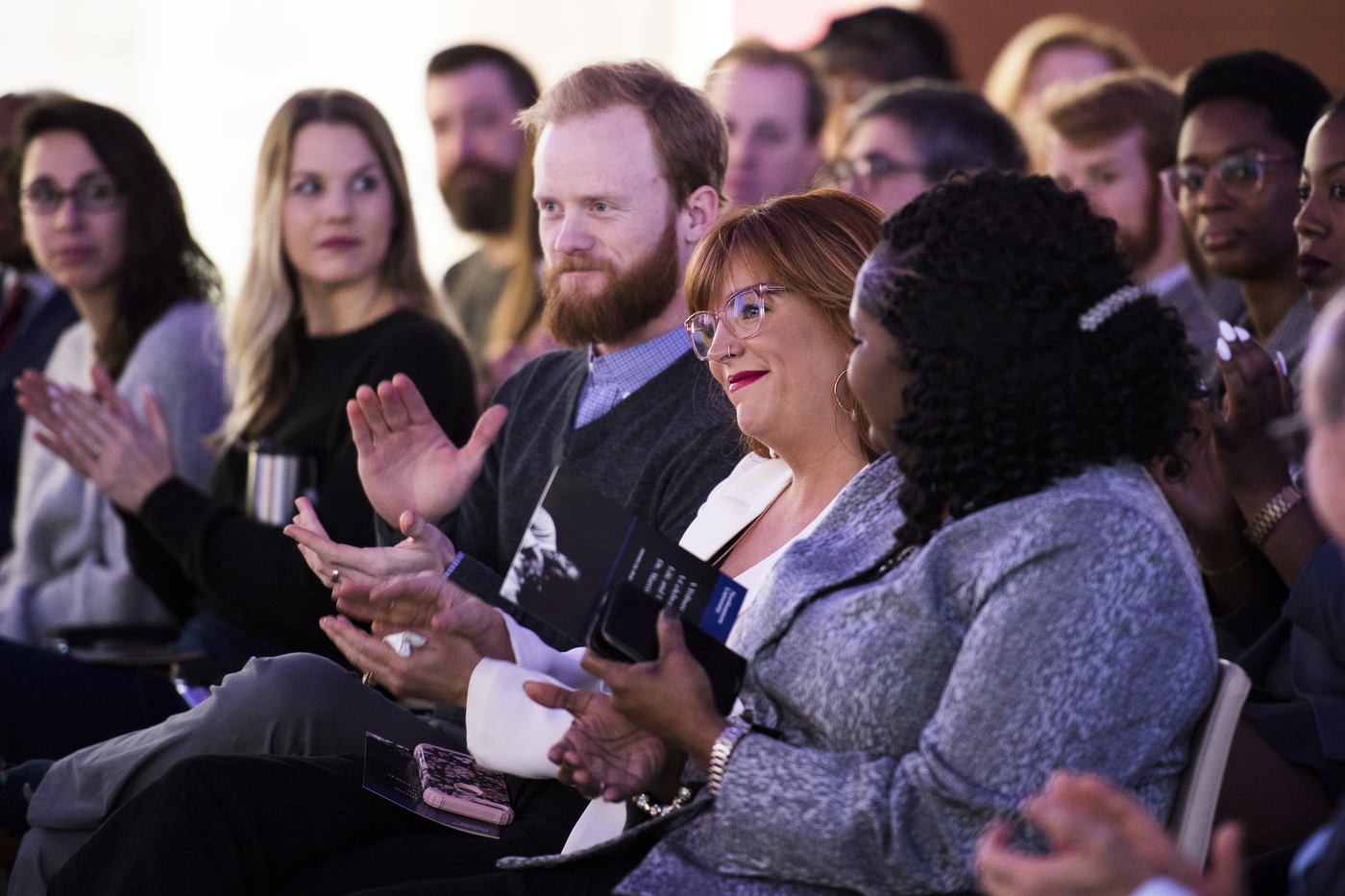
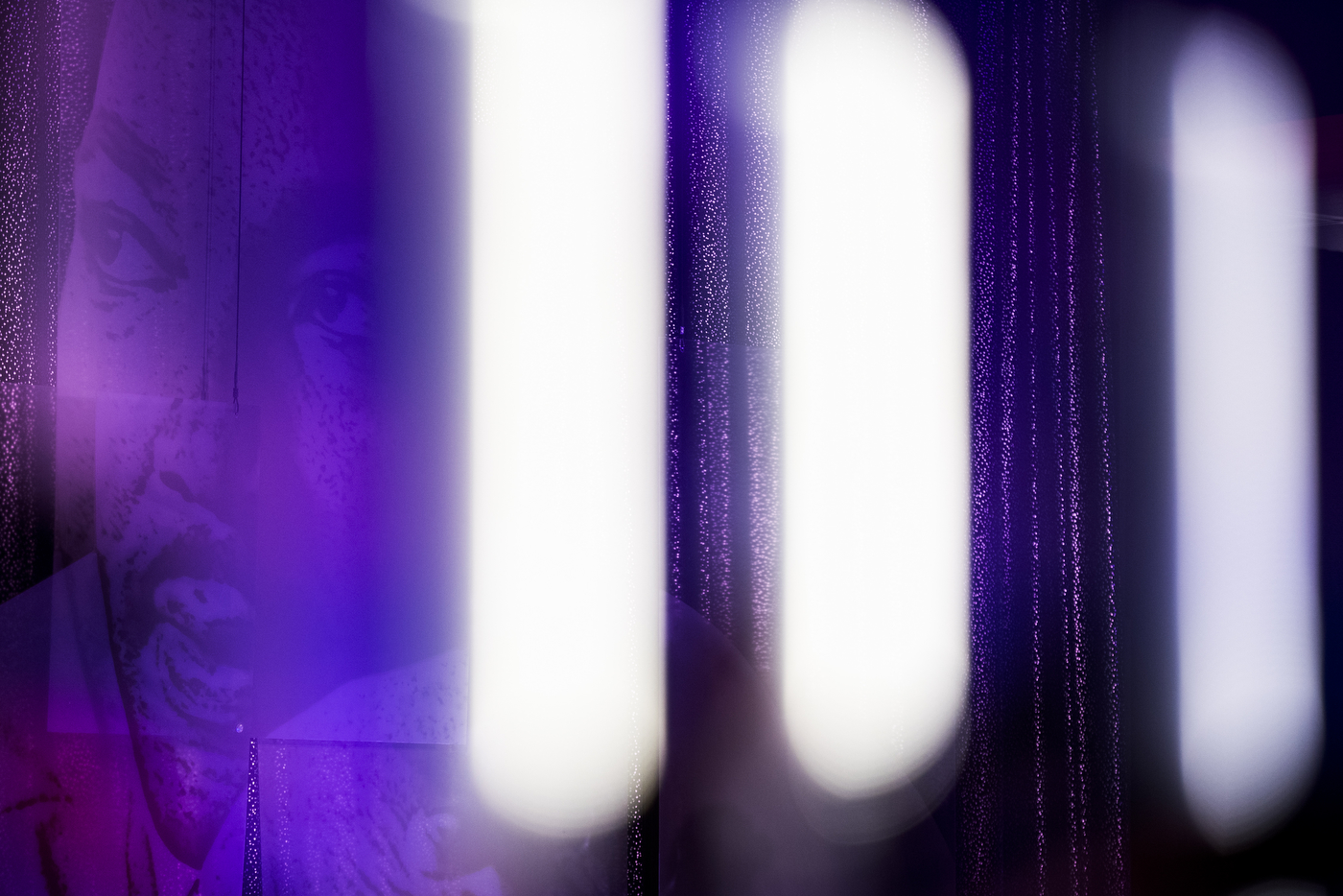
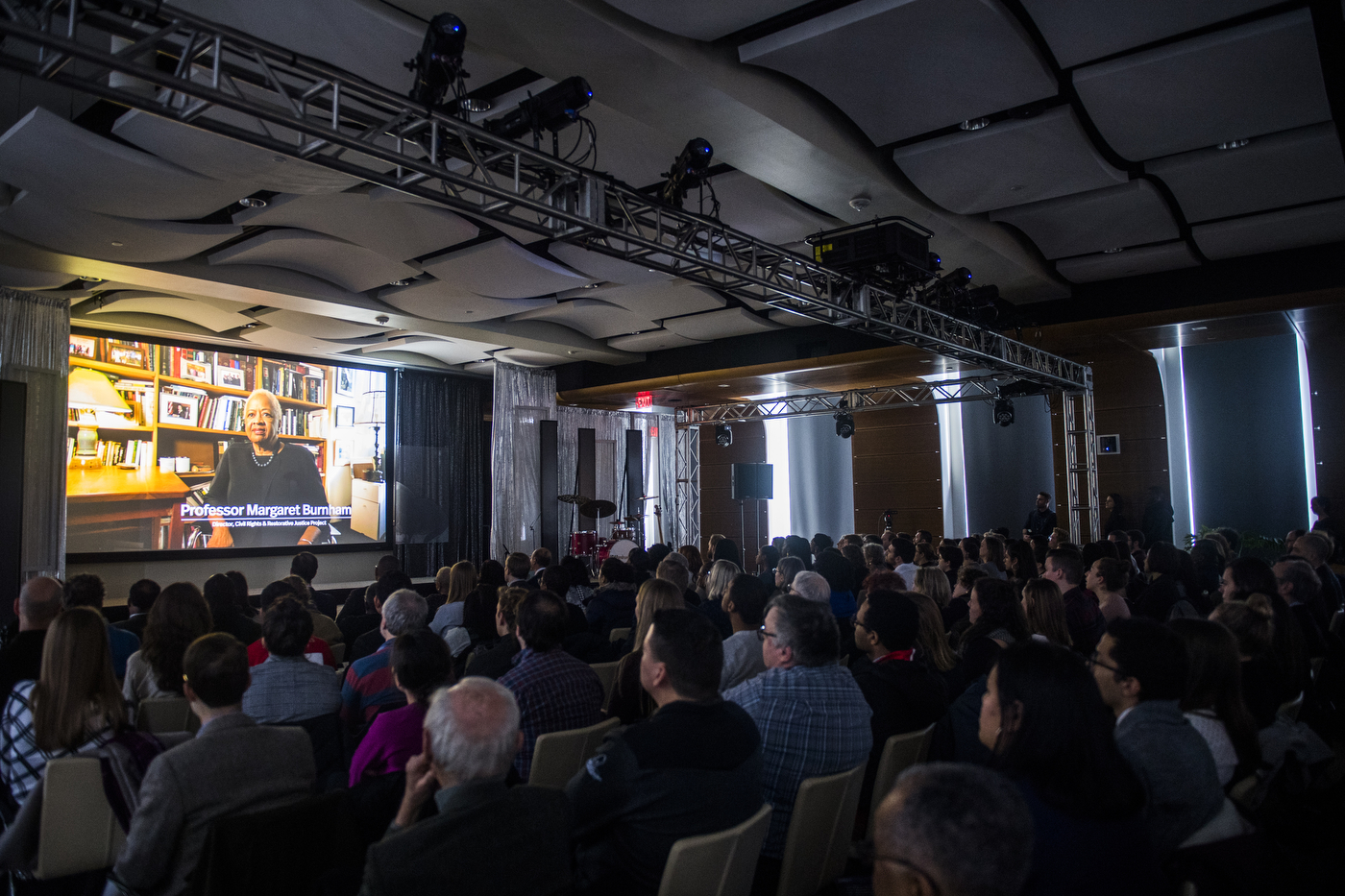
Murder in Mobile, a documentary by Adam Fischer and Benjamin Bertsch, the creative directors of Northeastern Films, premiered Friday before a standing-room audience on the Boston campus as part of the university’s week-long celebration of the life and legacy of Martin Luther King, Jr.
The 23-minute film tells the story of how Northeastern law student Chelsea Schmitz uncovered and shared the details of the murder with the families of not only the victim, but also, by word of mouth, his murderer. Davis had been killed by Horace Miller for stating that black people someday would experience equal rights under the law.
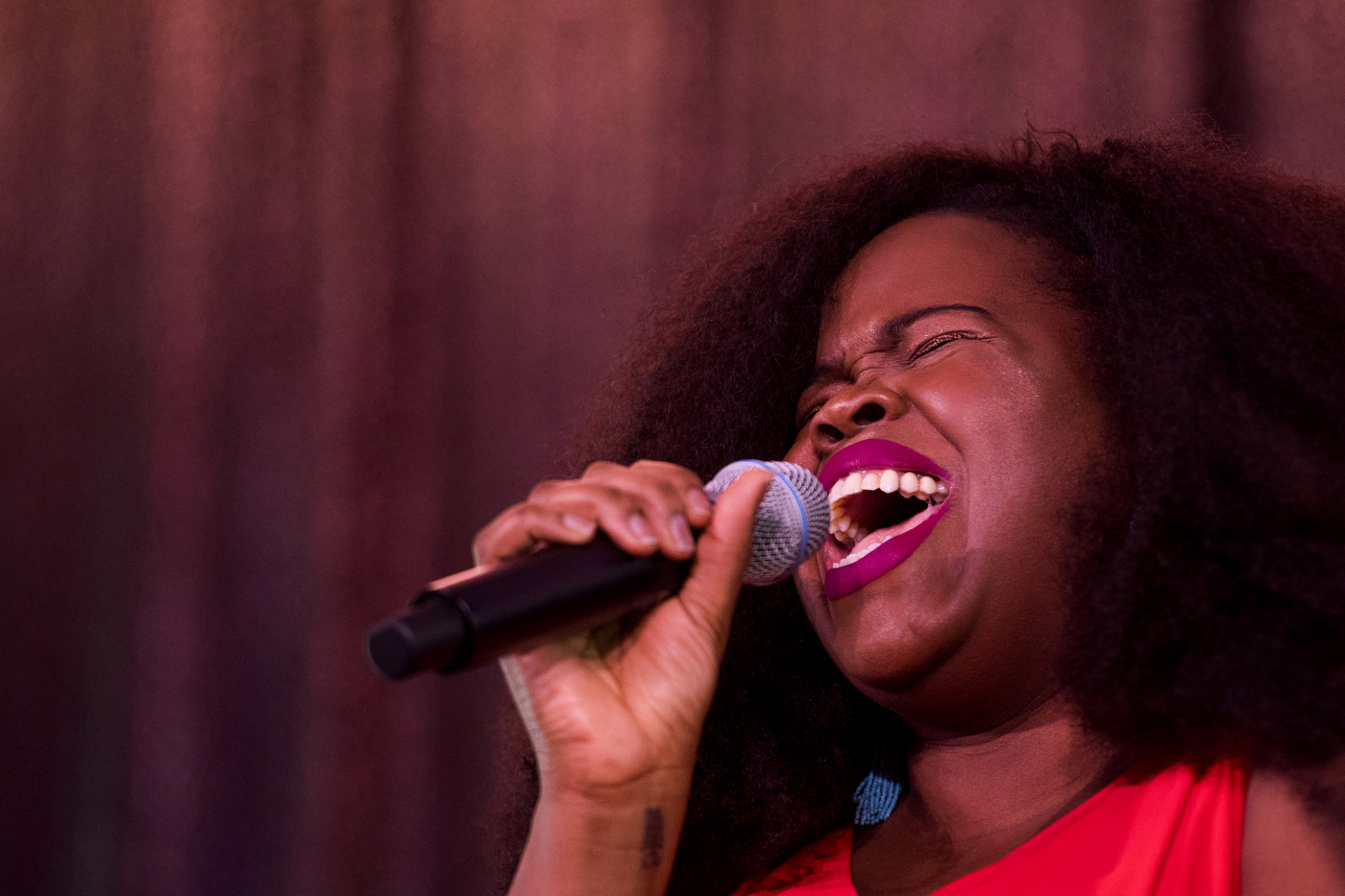
Photo by Matthew Modoono/Northeastern University
Schmitz was assigned to the case by Northeastern’s Civil Rights and Restorative Justice Project, which was founded a decade ago by law professor Margaret Burnham.
“I got into this when Dr. King was really just another civil-rights leader,” said Burnham in an interview following the film that was conducted by Northeastern professor Roderick L. Ireland, former chief justice of the Massachusetts Supreme Judicial Court. “Decades ago, I started working in Mississippi, and I was confronted there with the deep poverty, disenfranchisement, and marginalization of half of that state. It told me that this is what American history is all about. This is our history. I decided to become a lawyer, because that was one way to address that travesty.”
Observing that more than 4,700 lynchings of African-Americans had been documented between 1882 and 1968, Ireland referred to a famous passage from King’s 1963 speech at the Lincoln Memorial in Washington D.C.
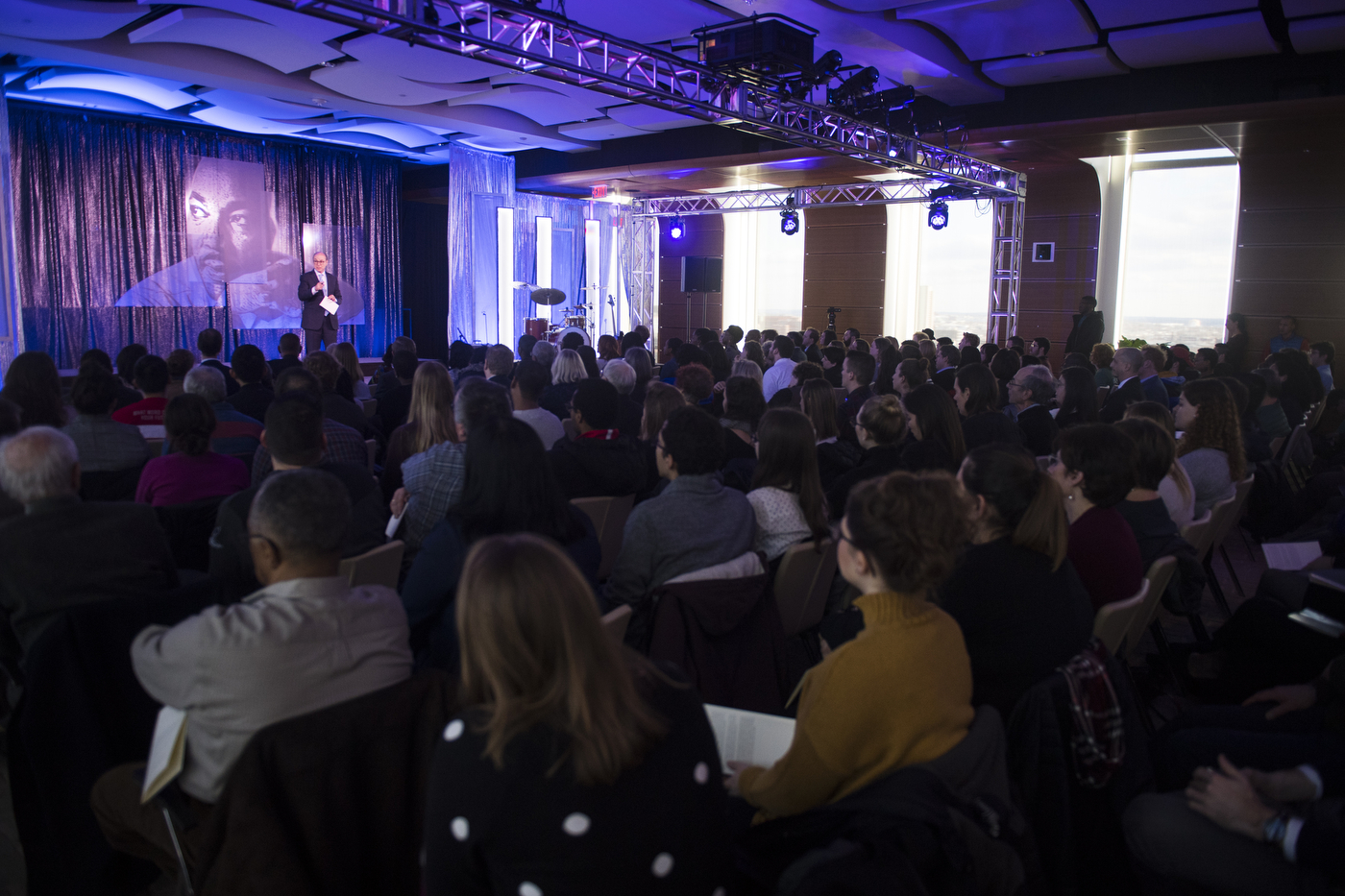
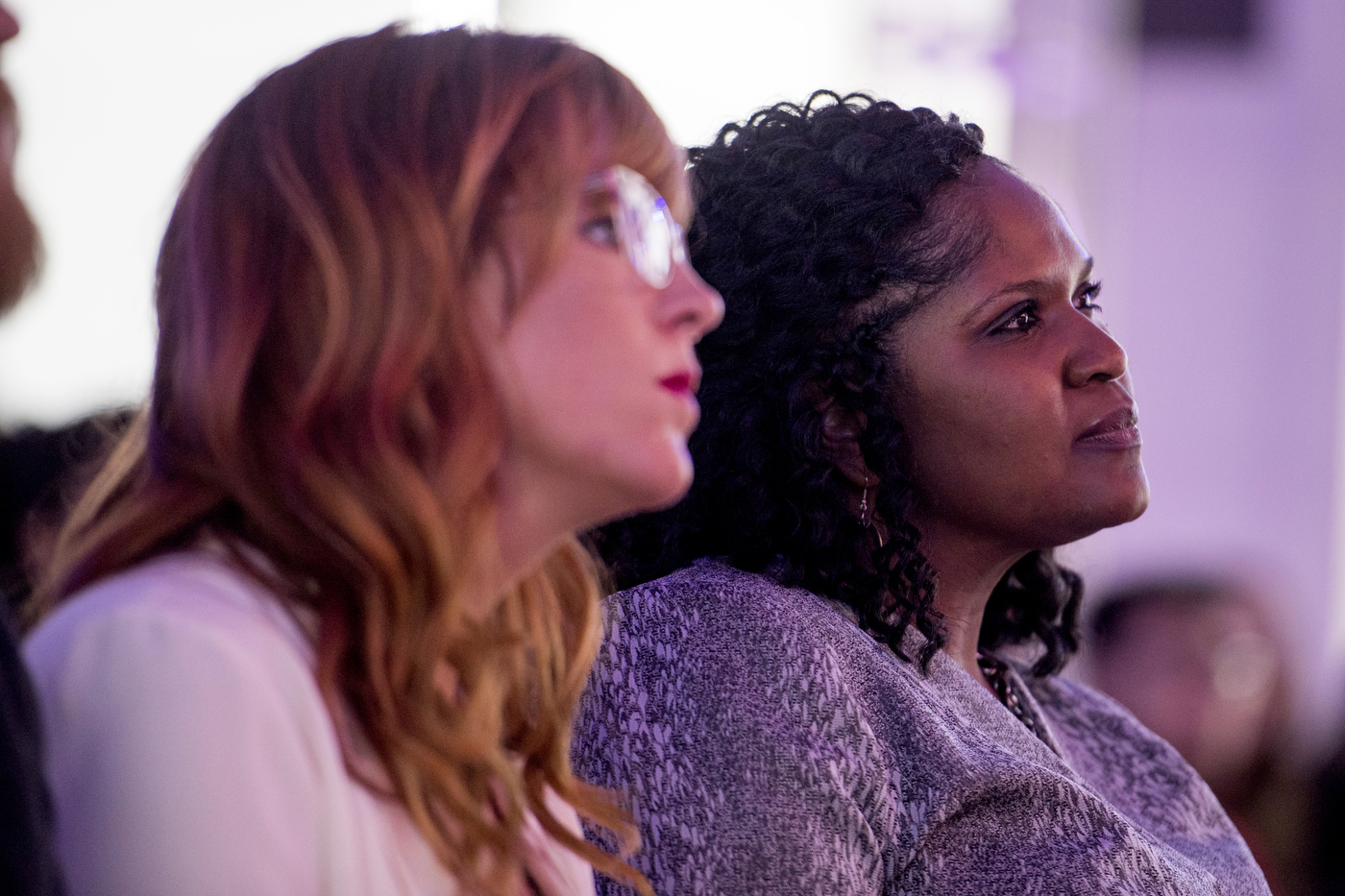
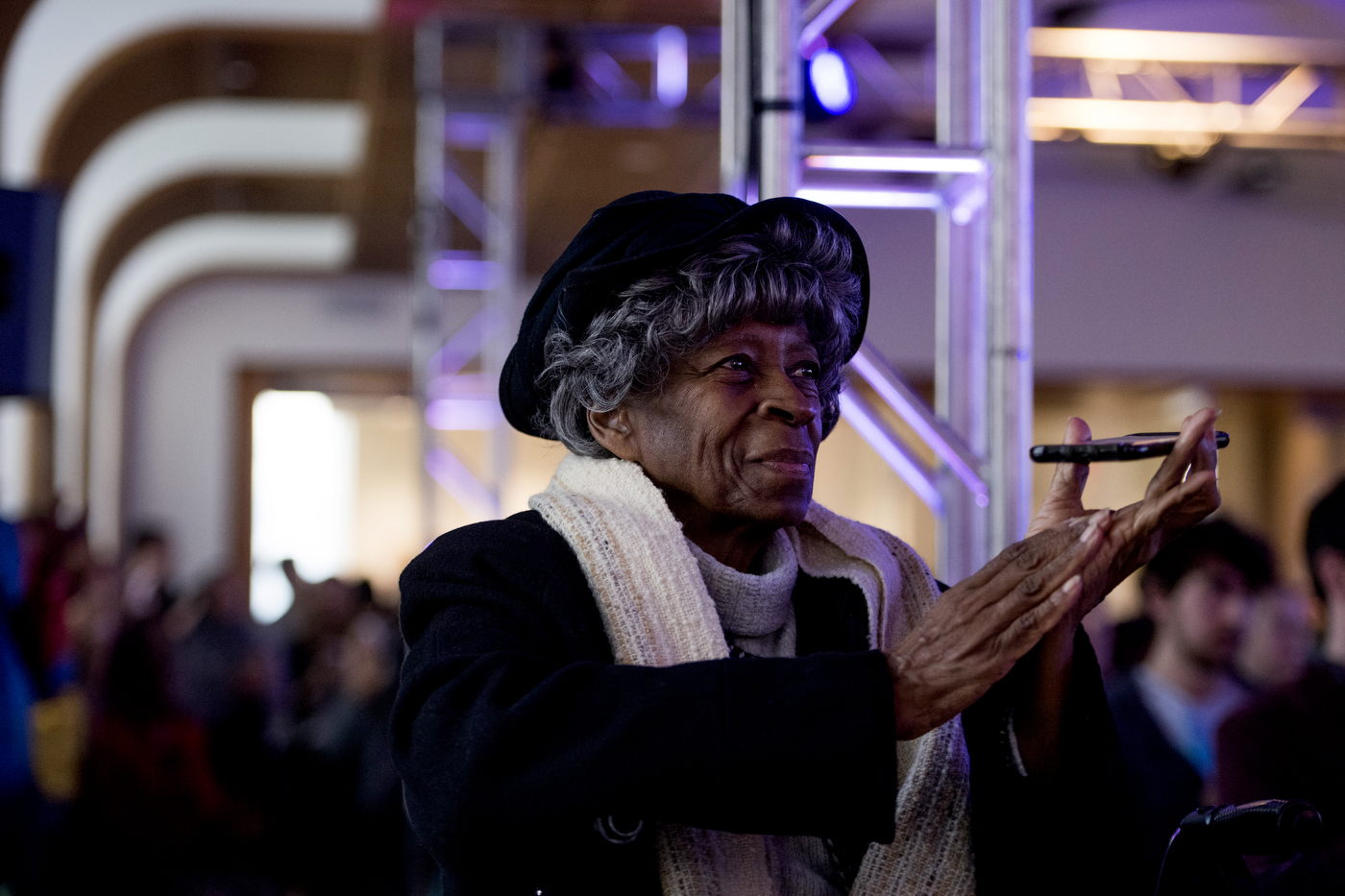
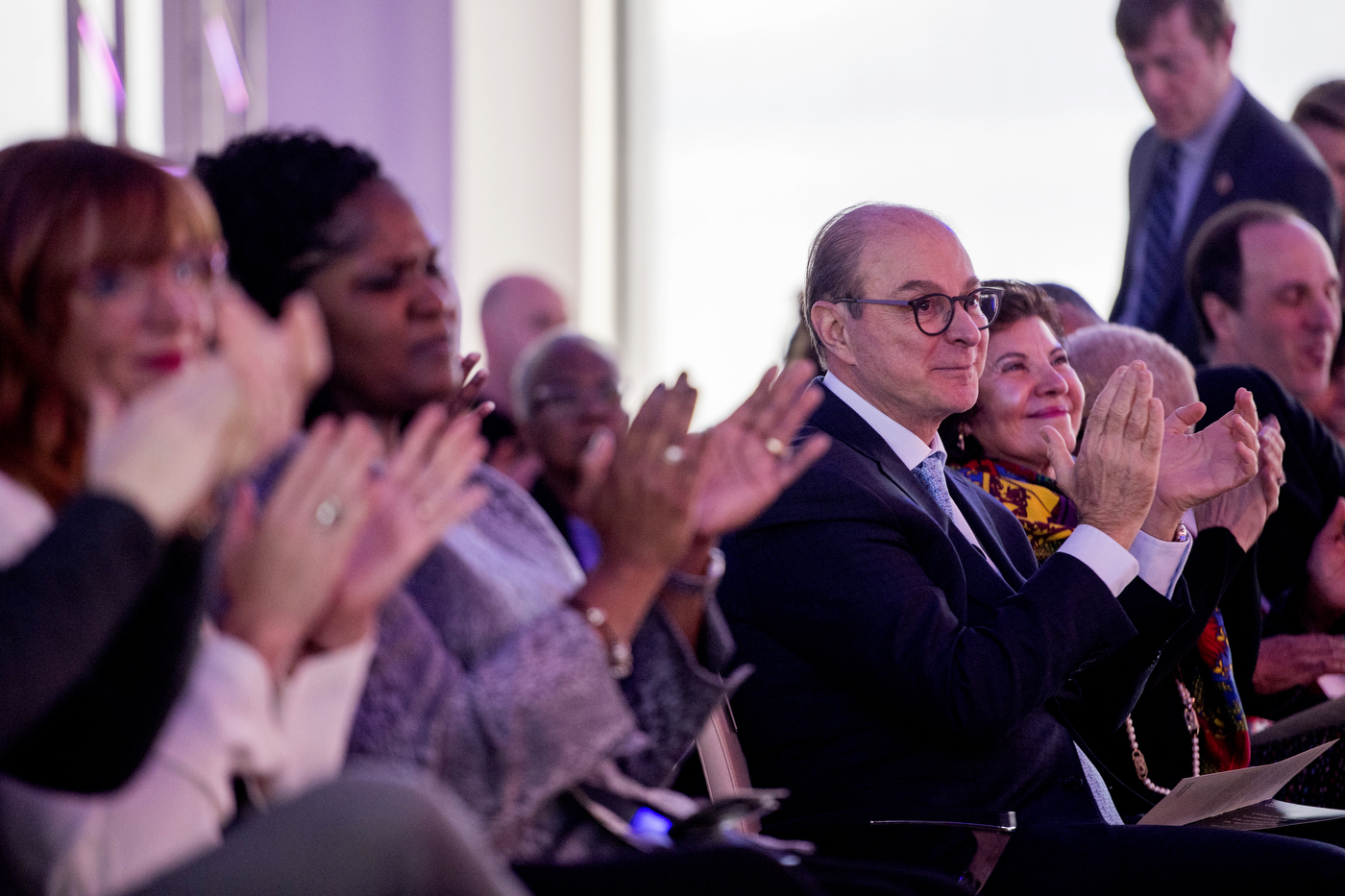
But we refuse to believe that the bank of justice is bankrupt. We refuse to believe that there are insufficient funds in the great vaults of opportunity of this nation. And so, we’ve come to cash this check, a check that will give us upon demand the riches of freedom and the security of justice.
“The accounting that we’re doing, the accumulating of cases, is in part a response to Martin Luther King’s challenge that there is an unpaid debt,” Burnham said. “Because those stories have to be told in order for us fully to understand our history. Simply collecting material is not enough. The material has to be used to transform lives today.”
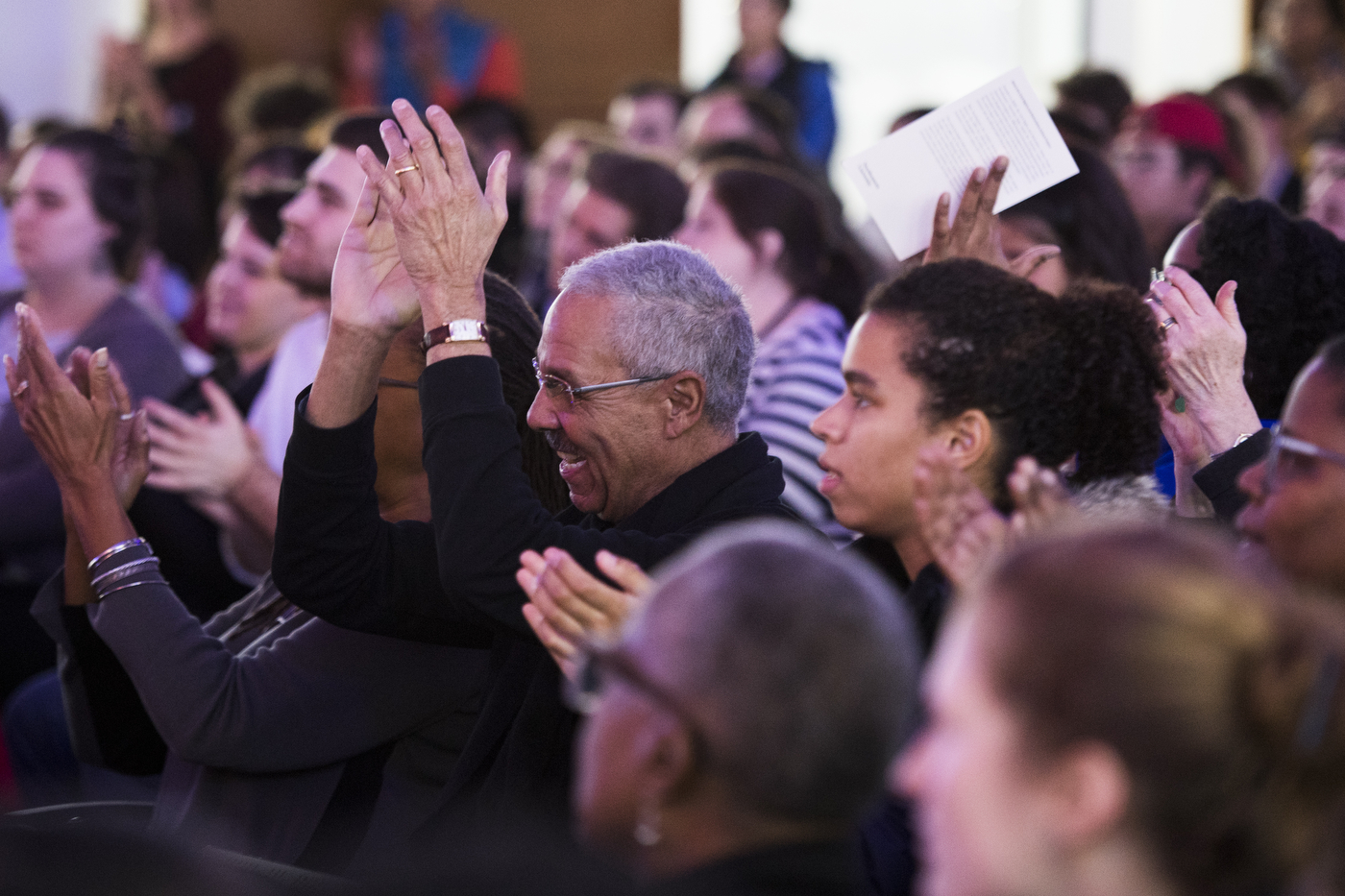
Photo by Adam Glanzman/Northeastern University
The tone for the premiere was established by a band led by singer Danielle Ponder, a Northeastern law graduate who in May left her job as a public defender in order to pursue a new career in music. The event was attended by Davis’s descendants, including Nichole Ulmer, a central figure in the documentary, who acknowledges that she would not have known of her distant cousin’s existence—never mind his death—if not for Schmitz’s investigation.
Fischer and Bertsch recreate the story of Davis’s murder at the actual scene of the crime. The actors show Miller stepping down from the bus prior to his own stop.
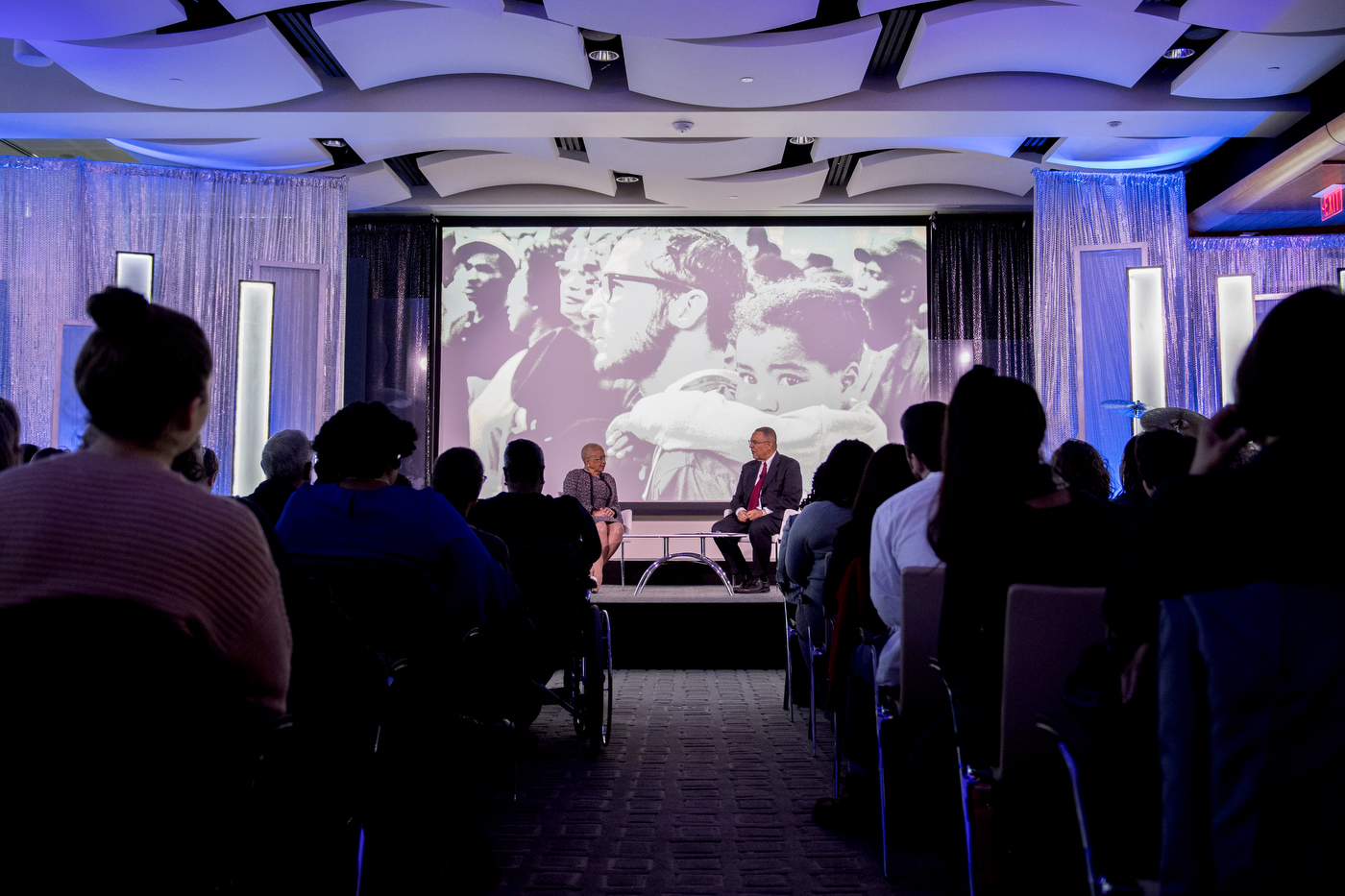
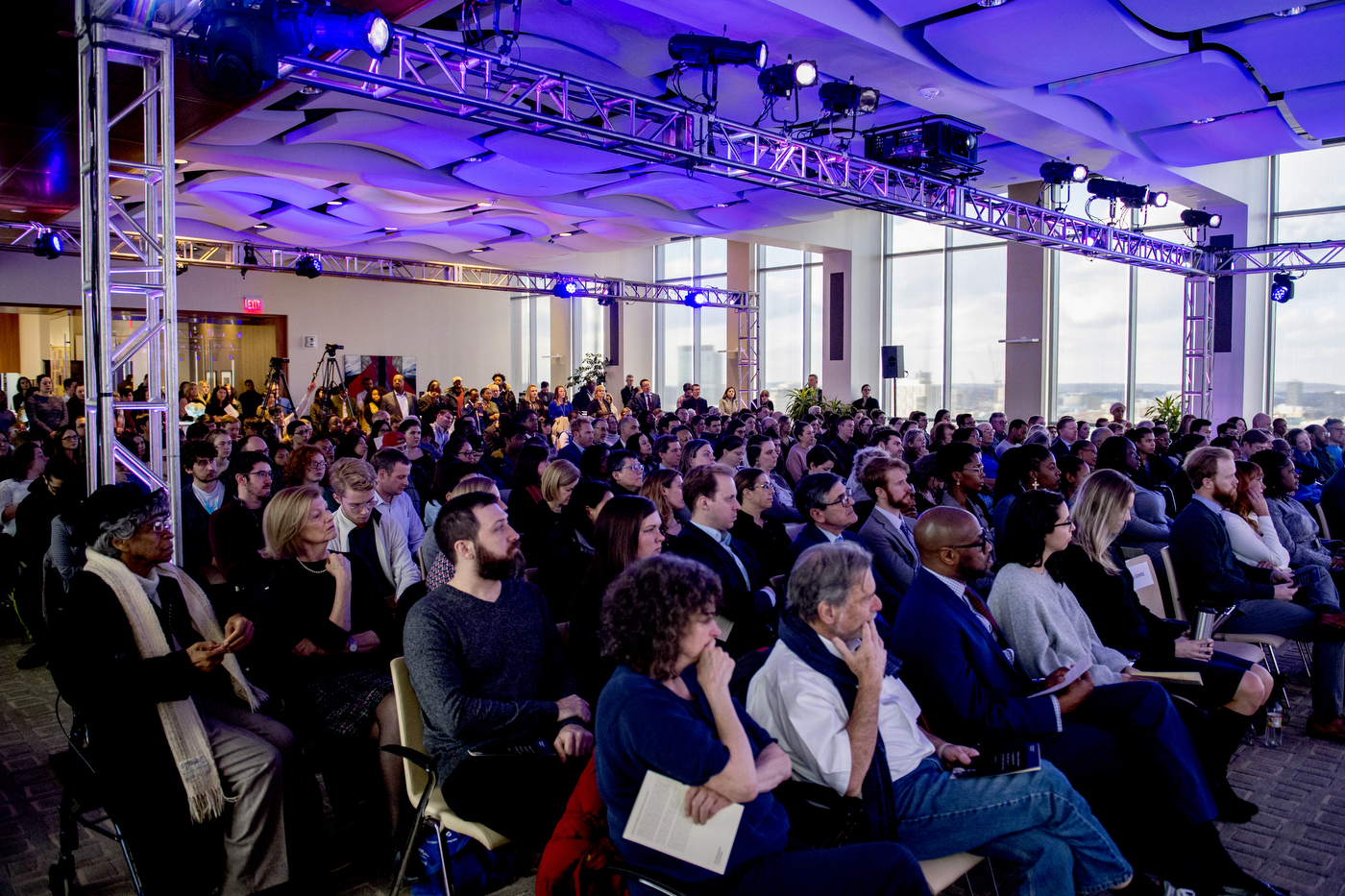
Following Davis toward the creek, Miller reacted violently when he was invited to Davis’s home for a drink in celebration of the equality that was being promised in 1948 by President Harry Truman.
In all, six murders of black men in Mobile in the 1940s, by white men who were never prosecuted, were investigated and resolved by Burnham’s law students.
“We hear that if you want to eradicate racism, intolerance, injustice, all you need is education,” Northeastern President Joseph E. Aoun said at the conclusion of the event. “That is not enough. There are people with culture, with education, who are racists, intolerant, and hateful.
“So education is not enough. What is important is the experience. To bring your education into reality. To understand reality, and to impact reality,” Aoun said.
Then, he turned to direct his next words to Burnham: “And that is why what you are doing represents the best of experiential education.”
For media inquiries, please contact media@northeastern.edu.






